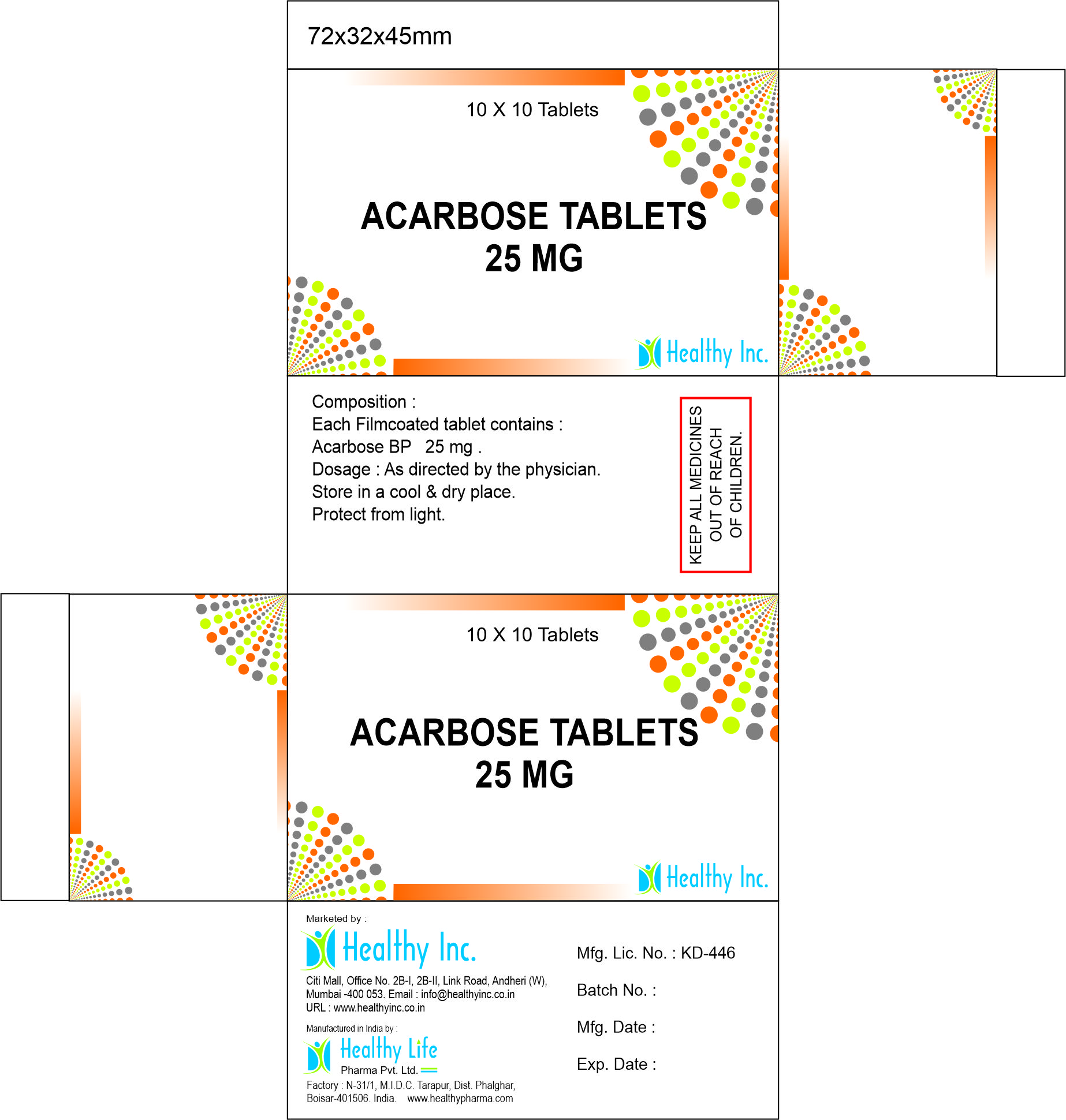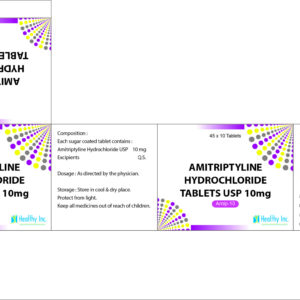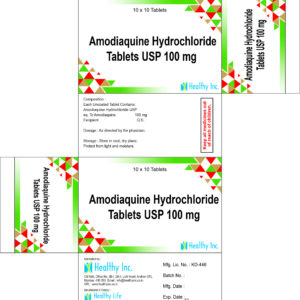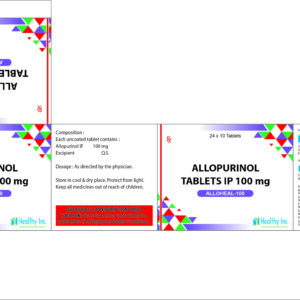Description
Acarbose Tablets (25mg / 50mg / 100mg)
Manufactured by Healthy Life Pharma Pvt. Ltd. | Exported by Healthy Inc
1. Product Introduction Healthy Life Pharma Pvt. Ltd. is a specialized manufacturer of Acarbose Tablets in India. This alpha-glucosidase inhibitor is essential for managing Type 2 Diabetes, specifically for controlling blood sugar spikes after meals. We produce high-stability tablets using advanced moisture-protection techniques. Our facility adheres to strict WHO-GMP standards. Healthy Inc manages our global exports and diabetes care tenders.
2. Product Specifications | Parameter | Specification | | :— | :— | | Product Name | Acarbose Tablets | | Generic Name | Acarbose USP / BP / IP | | Strength | 25mg / 50mg / 100mg | | Dosage Form | Uncoated Tablet | | Standard | USP / BP / IP Compliant | | Therapeutic Class | Oral Antidiabetic (Alpha-Glucosidase Inhibitor) | | Shelf Life | 24 – 36 Months | | Packaging | 10×10 Alu-Alu Blister |
3. Manufacturing Acarbose Tablets We divide our operations to ensure specialized focus.
The Manufacturer: Healthy Life Pharma Pvt. Ltd. First, Healthy Life Pharma handles manufacturing. We operate a WHO-GMP certified plant in Mumbai. Acarbose is highly hygroscopic. Therefore, we manufacture it in specialized Low-Humidity Suites (Relative Humidity < 30%). If exposed to normal air, the drug becomes sticky and loses potency. We strictly use Alu-Alu Blister Packaging (Double Aluminium), which provides a near-perfect barrier against moisture, ensuring the tablet remains stable in tropical climates.
The Exporter: Healthy Inc Second, Healthy Inc manages international trade. This division handles logistics for Acarbose Tablets. We supply endocrinology clinics and pharmacy chains globally. We understand that this drug is often used in combination with Metformin or Insulin, and we ensure consistent supply chains for chronic disease management programs.
4. Quality Assurance We test every batch rigorously.
Water Content: We use Karl Fischer titration to strictly limit moisture content inside the tablet.
Dissolution: We test how the tablet breaks down. It must release the drug in the intestine to effectively block carbohydrate absorption.
Assay: We confirm the potency is within the 95-105% range to ensure reliable blood sugar control.
5. Why Use Acarbose Tablets? This drug targets the “Post-Prandial” (after meal) sugar spike.
Mechanism: It inhibits the enzyme alpha-glucosidase in the intestine. This slows down the digestion of carbohydrates (starch and sugar).
Effect: Glucose enters the bloodstream slower, preventing dangerous spikes in blood sugar after eating.
Key Indications:
Treatment of Type 2 Diabetes Mellitus (as monotherapy or adjunct).
Management of Post-Prandial Hyperglycemia.
Pre-diabetes management (to delay progression to Type 2 Diabetes).
6. Export and Regulatory Support We provide complete documentation for registration.
Dossier: We offer CTD and ACTD formats.
Certificates: We supply the Free Sale Certificate (FSC) and COPP.
Logistics: We ship via FOB Mumbai or CIF.
7. Frequently Asked Questions
Q: Who manufactures Acarbose Tablets? A: Healthy Life Pharma Pvt. Ltd. manufactures them in India.
Q: Why is the packaging Alu-Alu? A: PVC blisters are not enough. We use Alu-Alu to stop moisture from ruining the sensitive Acarbose tablet.
Q: Do you offer the 100mg strength? A: Yes, we manufacture 25mg, 50mg, and 100mg to allow for dose titration.
CLINICAL PHARMACOLOGY & SAFETY INFORMATION (For Registered Medical Practitioners & Patient Reference)
8. Dosage and Administration
Standard Dosage: Usually started at 25mg or 50mg three times daily. Can be increased to 100mg three times daily.
Administration: Must be taken with the first bite of each main meal. If taken after the meal, it will not work effectively.
Titration: Dosage is increased slowly to minimize stomach side effects.
9. Side Effects and Precautions
Common Side Effects: Flatulence (gas), bloating, and abdominal discomfort. These occur because undigested carbs ferment in the colon.
Liver Enzymes: High doses (rarely) can elevate liver enzymes. Monitoring is recommended.
Hypoglycemia Note: Acarbose alone does not cause low sugar. However, if low sugar occurs while taking it with Insulin/Sulfonylurea, treat with Glucose (Dextrose), not Sucrose (Table Sugar), because Acarbose blocks table sugar digestion.
10. Storage Instructions
Store below 25°C in a dry place.
Critical: Keep in the original Alu-Alu blister until immediately before use.
Keep out of reach of children.








